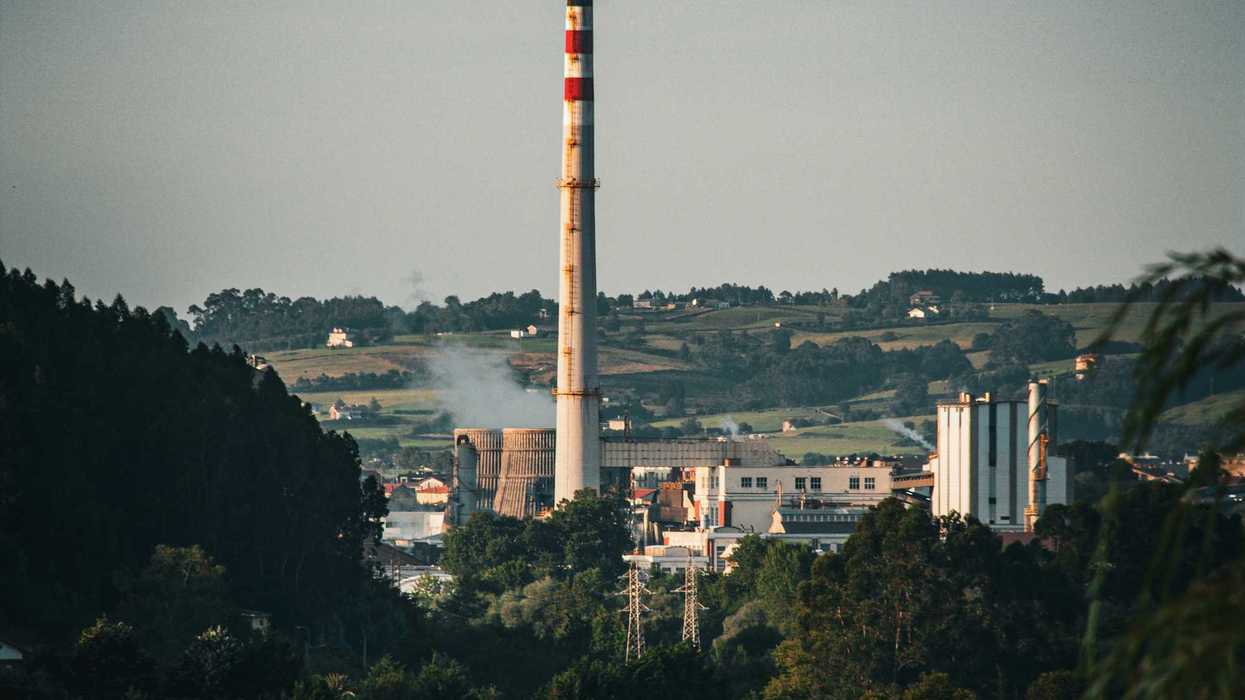In a significant environmental move, the US Environmental Protection Agency (EPA) has revised air pollution standards to combat deadly industrial emissions.
Lisa Friedman reports for The New York Times.
In short:
- The EPA has reduced the acceptable level of fine particulate matter in the air, aiming to lower health risks like asthma and heart disease.
- This new regulation is expected to prevent 4,500 premature deaths annually, though it faces opposition from industry leaders concerned about economic impacts.
- States have 18 months to comply with the new standard, with potential penalties for non-compliance by 2032.
Key quote:
"Soot pollution is one of the most dangerous forms of air pollution."
— Michael S. Regan, EPA Administrator.
Why this matters:
This move by the Biden administration directly impacts communities, particularly those near industrial areas, by potentially reducing serious health issues and premature deaths.
Health advocates pushed the EPA to go farther on soot standards.














